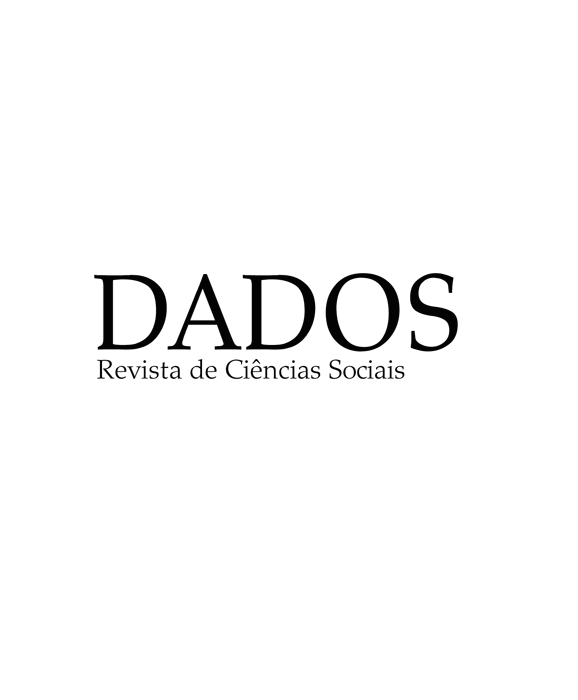Determinantes do controle horizontal em um congresso reativo: o caso do Brasil, 1988-2005
Horizontal accountability is a key challenge to new democracies, and especially so in those regimes where "reactive" legislatures face dominant presidents. Although the 1988 Constitution gives impressive legislative and agenda-setting powers to the Brazilian president, it also equips the legislature with a set of oversight tools that can be used to monitor or scrutinize the powerful executive. In analysing a large database of oversight initiatives between 1988 and 2005, we trace broad trends and patterns in the overall usage of oversight tools and attempt to isolate the political and institutional conditions under which they are deployed. We find that the use of oversight mechanisms has risen in recent years; that oversight is mediated by measures of presidential popularity and by the size of the pro-presidential faction in Congress; and that oversight responds to the logic of Brazil"s coalitional politics, driven by the shifting context of the executive-legislative relationship under multiparty presidentialism.
LEMOS, Leany; Power, Timothy. Determinantes do controle horizontal em um congresso reativo: o caso do Brasil, 1988-2005. Dados (Rio de Janeiro. Impresso), v. 56, p. 383-412, 2013.


